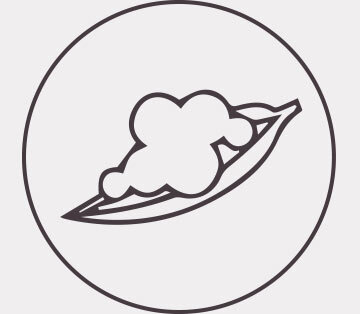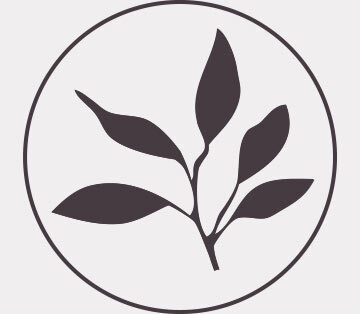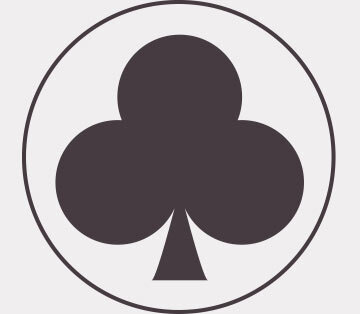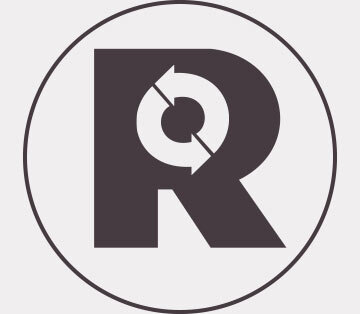Kapok
Kapok is a fluffy hollow fiber obtained from the fruit pods of the kapok tree, which is primarily found in the tropical regions of Asia. The natural hollow fiber feels silky smooth and is one of the lightest natural textile fibers in the world thanks to its high air content of 80%. Kapok is temperature and moisture regulating, antibacterial, and easy to wash.




